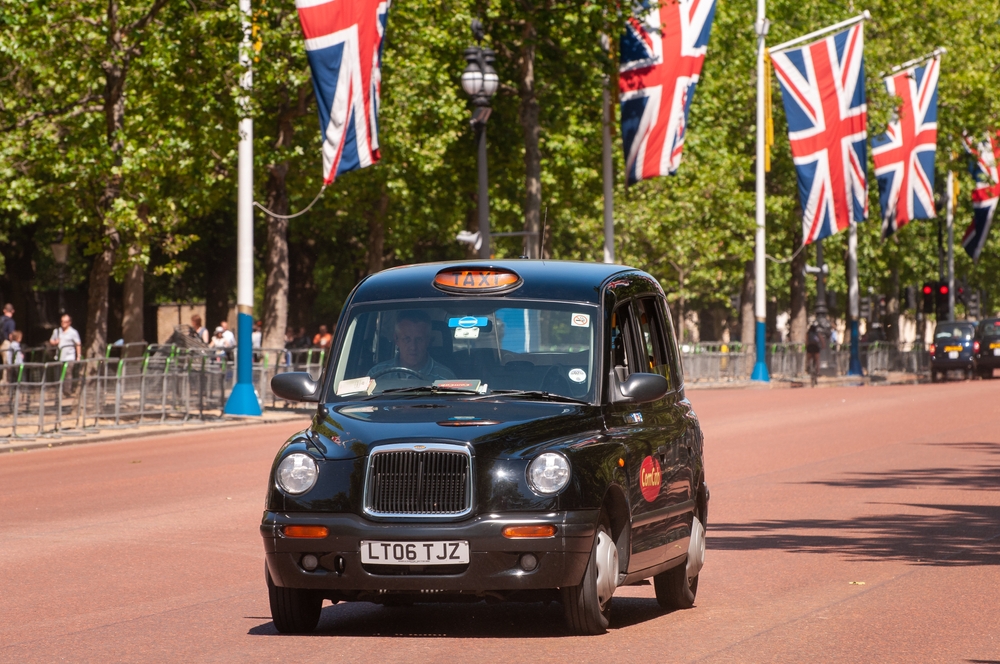
Posted on August 02, 2022
On a recent trip to London, my family traveled around in the city’s iconic black cabs. The vehicles were spacious and clean. The drivers were courteous and friendly and, most importantly, they got us where we needed to go, even without GPS. These pleasant experiences brought to mind something I’d read about London cab drivers that makes them very special people.
The reason stems from the challenges they face. Unlike New York, Chicago and other cities that are conveniently laid out in grids, London is a baffling tangle of streets that evolved as it grew beyond the limits of the old Roman city. Knowing your way around well enough to earn the coveted Green Badge taxi license requires memorizing a complicated web of more than 25,000 streets in a radius of six miles from the city’s center. The licensing exam, known as “The Knowledge,” is one of the most difficult memorization tests in the world. Aspiring cabbies may drive the city streets on motorbikes for three or four years, learning every route, before earning their licenses.
By amassing all this information and using it, the cabbies develop what have become known as “taxi brains” that show marked enlargements in the hippocampus, the brain’s memory center. This is the brain area that shrinks and deteriorates in Alzheimer’s disease, leading to memory loss and confusion. A study called the Taxi Brains Project out of University College London has been recruiting London cabbies in the hope that studying their brains will provide insights that would help in the development of diagnostics for the earlier detection of Alzheimer’s.
The taxi brain phenomenon owes itself to neuroplasticity, the brain’s ability to change. While we once believed that our brains reach full potential sometime in early adulthood, after which they change only for the worse, we now know differently. According to neurologist Phillipe Douyon, MD, “We know that our brains are capable of undergoing a tremendous amount of change throughout one’s life. We also know that the power to implement those changes lies within us.”
While all the mysteries of taxi brain have yet to unfold, it is already clear that stimulating and challenging the brain is good for us. It can help us achieve the best possible brain performance for our stage of life and build a buffer against the negative effects of aging. Harvard Medical School has three “cardinal rules” for accomplishing this:
1) Do new things outside your comfort zone. When we’re in our comfort zone, we do what feels familiar, easy and safe. But by staying there, we can’t experience the learning and growth that positively impact the brain. It’s normal to feel fear when we leave our comfort zone, so we need to remind ourselves why we’re doing it. Studying a new language, taking up a new hobby and learning a new skill are easier than ever with all the online resources available to us.
2) Make favorite activities more difficult. Just like we increase our strength by lifting heavier weights, we can build more brain power by upping the challenge. Whatever we like to do most, let’s take it to the next level, trading off a feeling of mastery for the benefits of challenging the brain. Even something as simple as working difficult crossword puzzles instead of easier ones can make a difference.
3) Engage in cross-training. We will gain from varying our cognitive workout just as we do from a physical regimen that involves both aerobic activity and strength training. Doing a variety of activities throughout the week stimulates growth in multiple parts of the brain.
Unsurprisingly since our minds and bodies are one, many areas of life contribute to brain health. In addition to brain stimulation, lifestyle choices have an impact. Maintaining a healthy diet is key, and the MIND Diet has been specifically developed to protect against dementia. Regular physical exercise has also been shown to improve various cognitive functions, especially when more than one kind of exercise is involved. Utilizing sleep hygiene practices can help us get the sleep that is essential for memory. Nurturing our best social connections and engaging in mindfulness practices for stress management also have positive effects.
Whatever we choose to do, we need to remember that change takes time and consistent effort. The London cabbies didn’t grow their taxi brains overnight. Like each of the complicated routes they had to learn, every new challenge we embrace is a step toward a better brain.